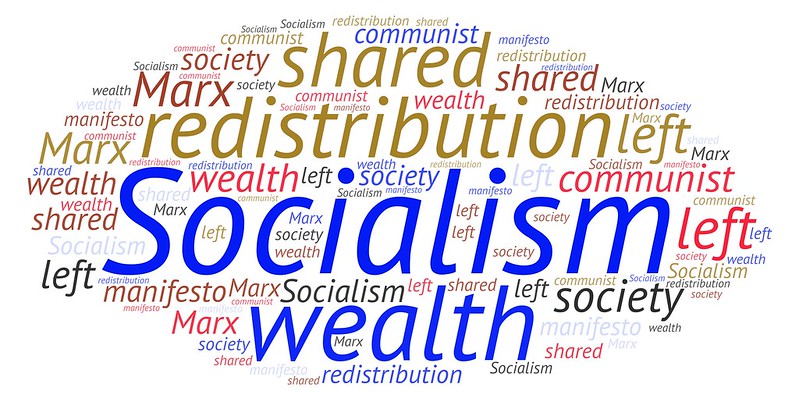By Andy Douglas
An anthropology professor of mine once opined that socialism has not yet gotten a chance to show what it can do. We haven’t seen socialism working properly yet. Perhaps that’s right.
In a recent blog post, I wrote about the mixed messages attached to the idea of socialism: how socialism has a complicated history, but offers many admirable ideas, that there are many different types of what we call socialism. I explained that although Prout draws on some socialist ideas, in my opinion, it is something more than socialism, existing in a third space of greater promise and possibility.
I received quite a lot of feedback, which I appreciated, as the purpose of these blog posts is to stimulate thoughtful exchanges and conversations about all things Prout.
I was reminded that, in general, young people are much more sympathetic to socialism these days. A majority of Americans under 30 in a recent poll held a more favorable view of socialism than of capitalism. Younger people likely associate socialism with the kind of democratic socialism espoused by Bernie Sanders.
My brother is a socialist, and once ran for US Congress on the Socialist Party ticket. I was influenced by him to learn more about socialism, especially the era of US Presidential candidate Eugene Debs. Debs famously declared, “While there is a lower class, I am in it, while there is a criminal element, I am of it, and while there is a soul in prison, I am not free.” Certainly an admirable stance, and one reflective of many socialists’ identification with the poor and oppressed.
My intent in the last post was to suggest that we need to present Prout in different ways to different audiences and also emphasize how distinct Prout is from socialism as it currently exists. I do think it’s something new, meriting promoting it as existing in a third space, since, for example, many socialist theories rely on centralized economic planning, and decentralization is a crucial component of the Prout economy. This distinguishing of Prout as something new can be an attractive selling point to those looking for alternatives.
However, I want to acknowledge what the founder of Prout, P R Sarkar, himself said. In one discourse, he wrote that Prout could be called a kind of progressive socialism. What does this mean? I think emphasis needs to be placed on the word ‘progressive.’ And what did Sarkar mean by progressive? In other writings, he notes that true progress is movement toward welfare. That is, progress is that which leads to all-round development. It can be physical, intellectual, or spiritual. However, Sarkar privileges progress in the spiritual sphere as ‘progress in the real sense,’ since developments in the physical and intellectual spheres may have negative side effects, and there are no such negatives in the spiritual sphere.
Extrapolating from this, we could say that the spiritual roots of Prout distinguish it from other economic theories. Spirituality calls on an ever-new, ever-renewing source of love and compassion within us, not on rigid mental constructs. This is critically important in both the political and economic spheres, especially where some socialist thought is primarily rooted in materialism and concerned solely with material progress.
If progress means movement forward, and requires a particular physical environment, achieving such an environment will depend upon expansive and visionary educational systems, ensuring the basic necessities of life through creative economic measures, and encouraging art and literature that exemplify these values.
I don’t have a problem with describing Prout as a kind of socialism. We do, however, want to distinguish between a local socially-organized economy, one in which decisions are made by employees and local coordinating boards, and state-run socialism – a command economy – in which decisions are handed down from on high.
And we want our Proutist society to be one as deeply and fully rooted in spiritual values as possible. A truly progressive society.

